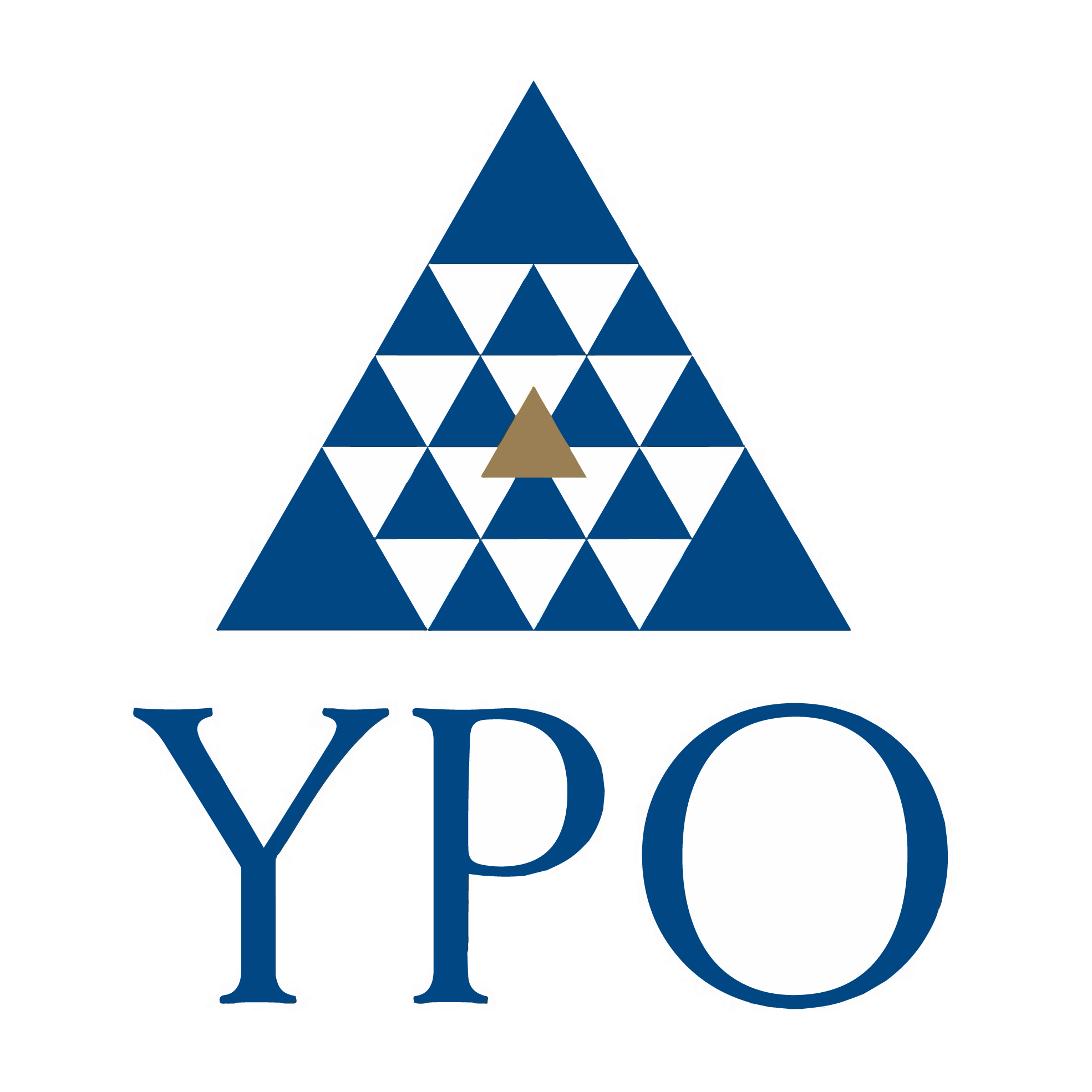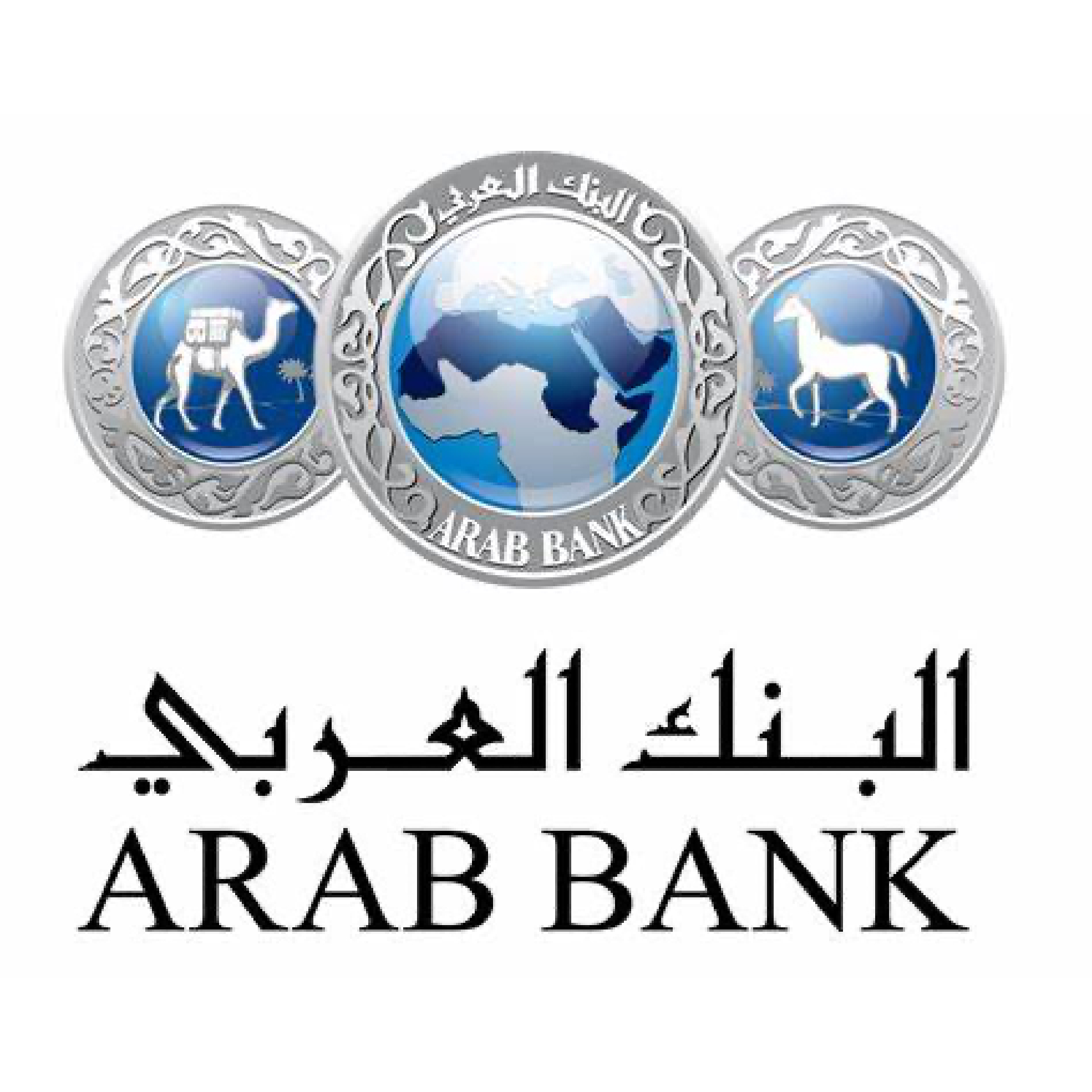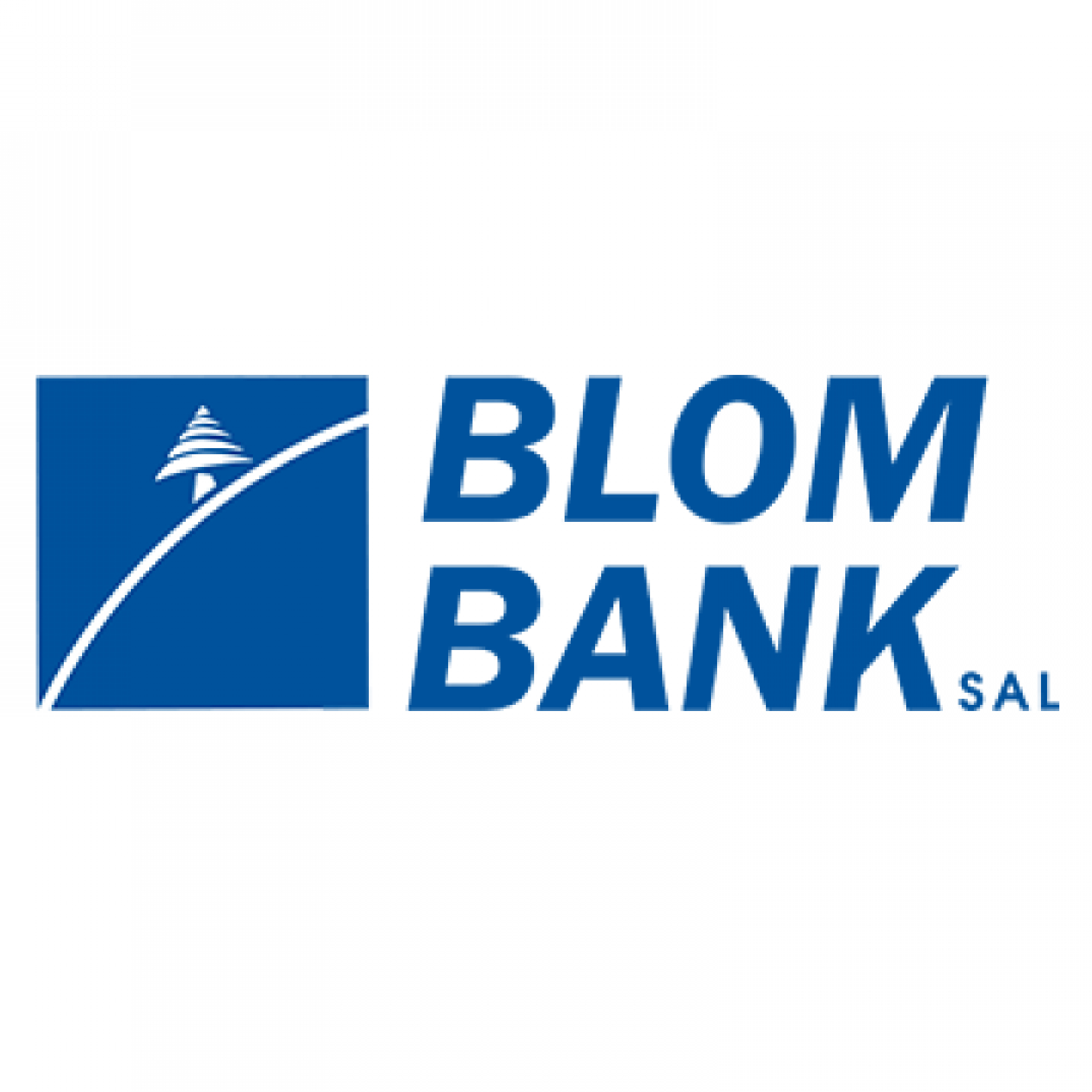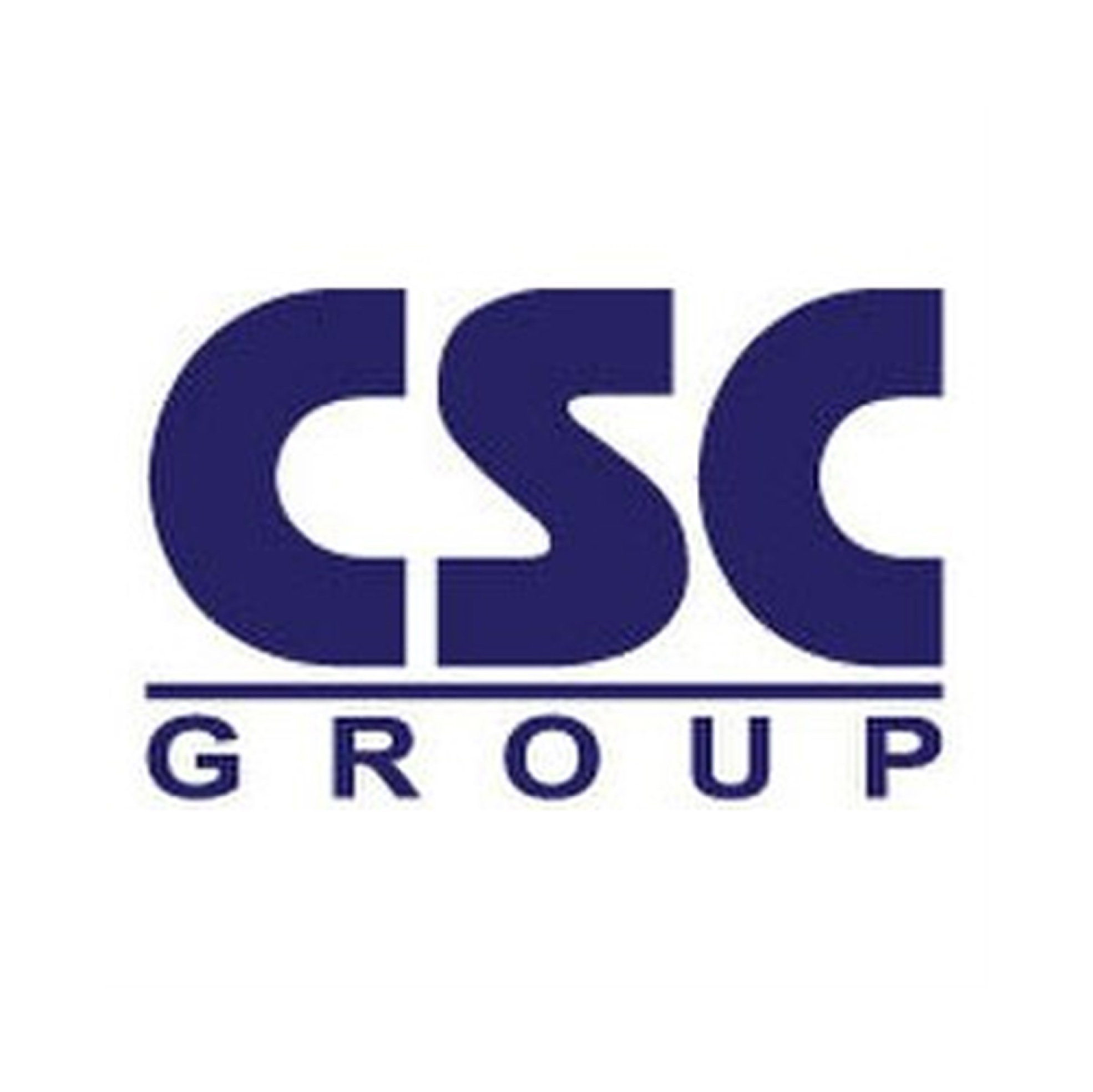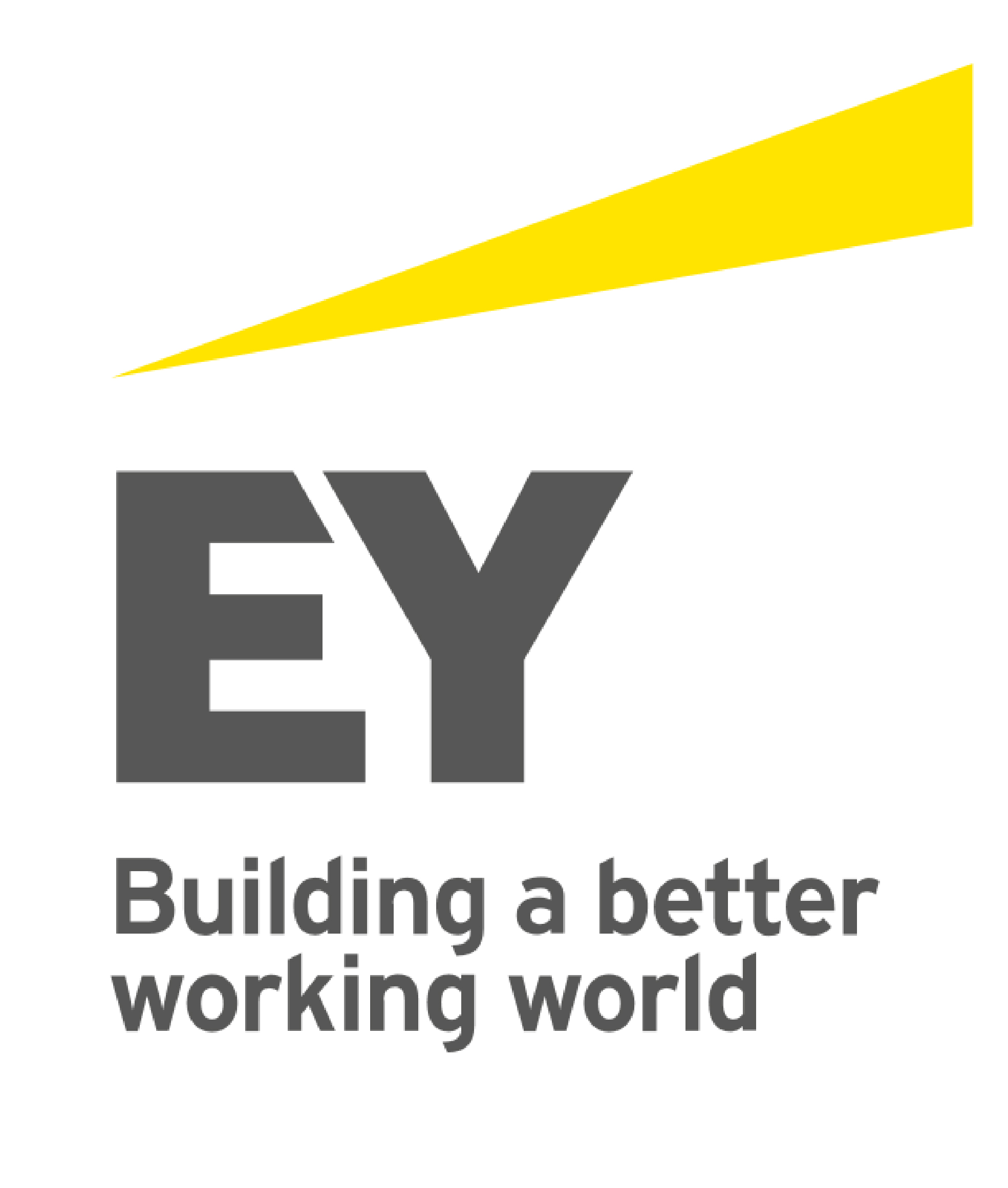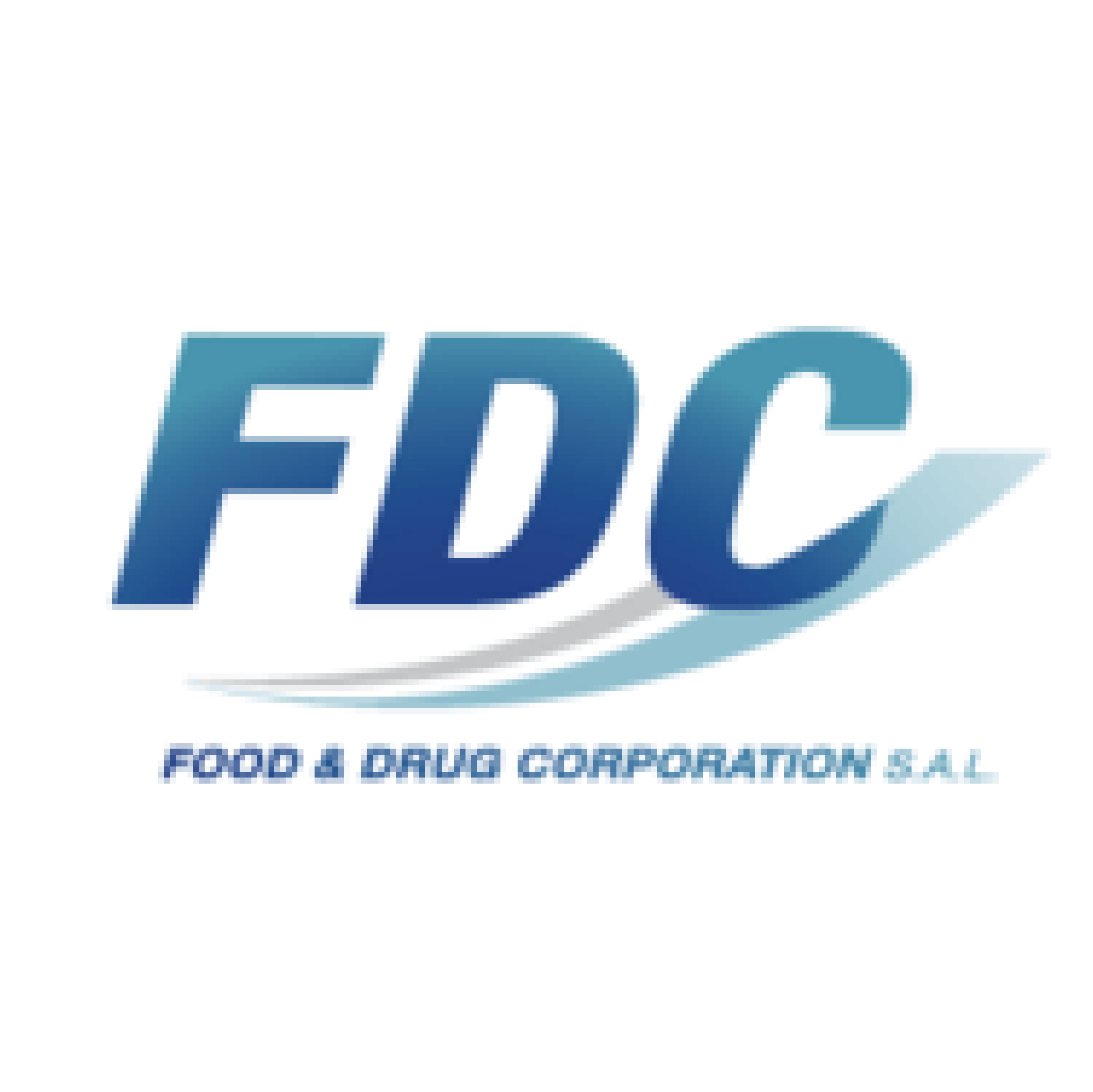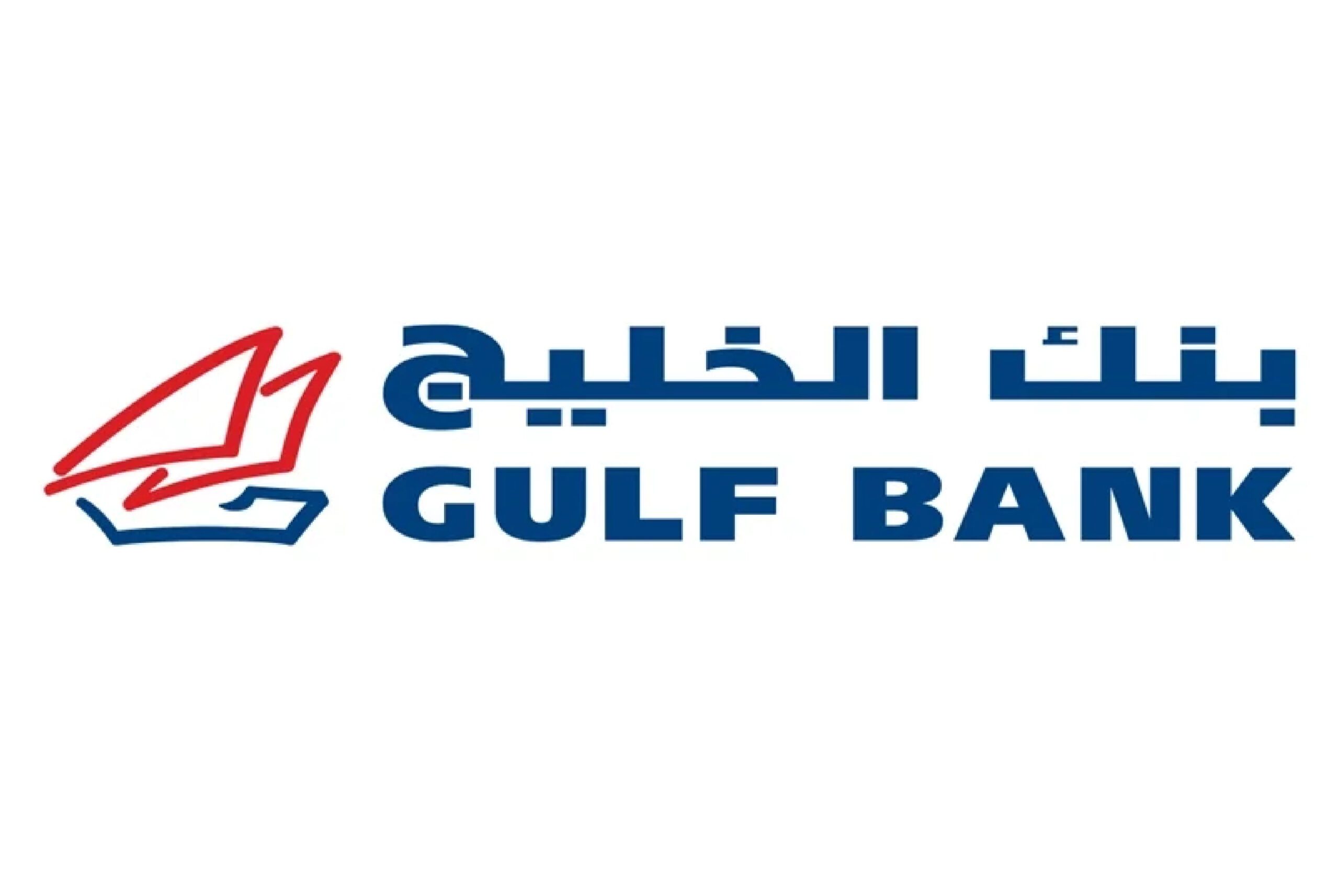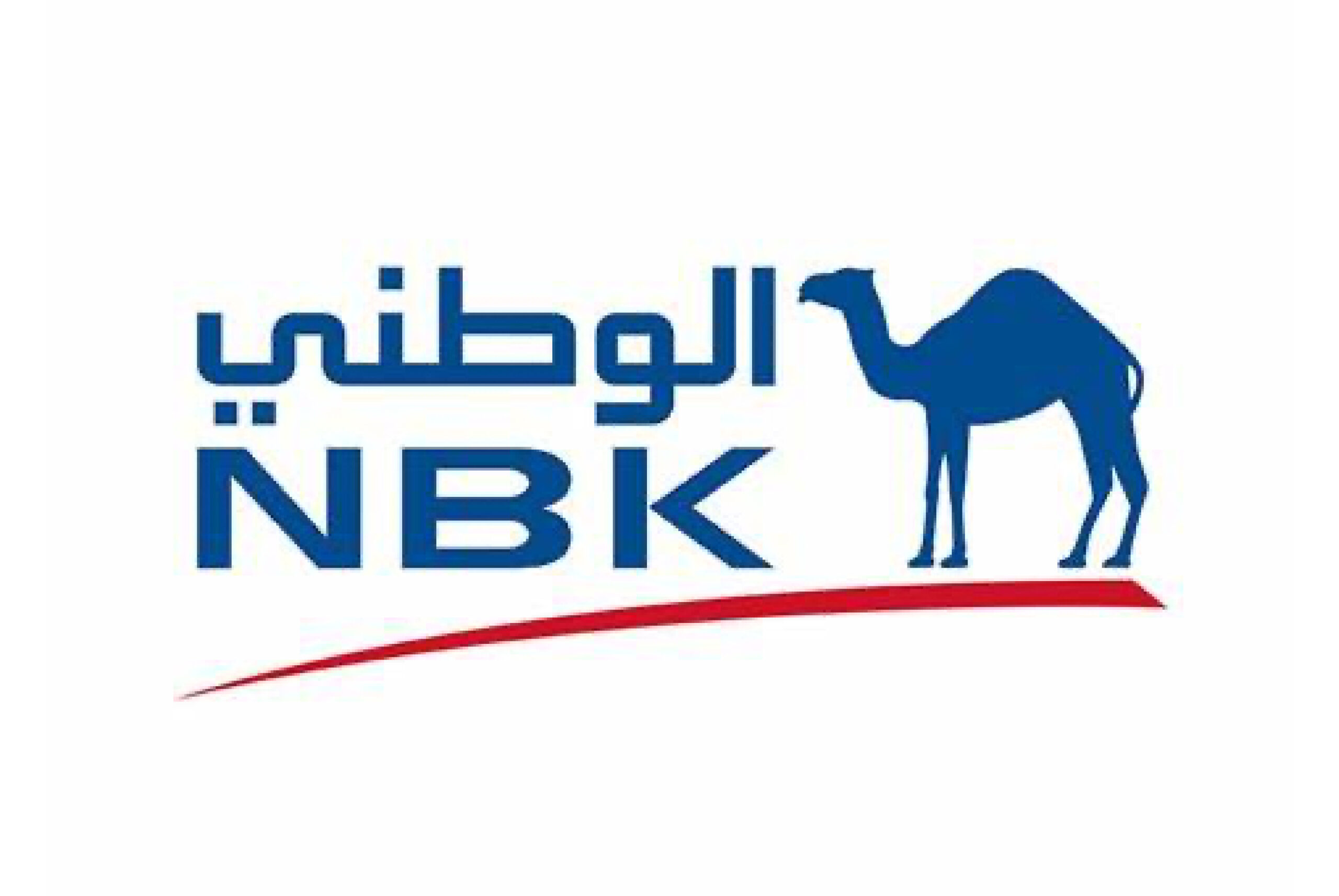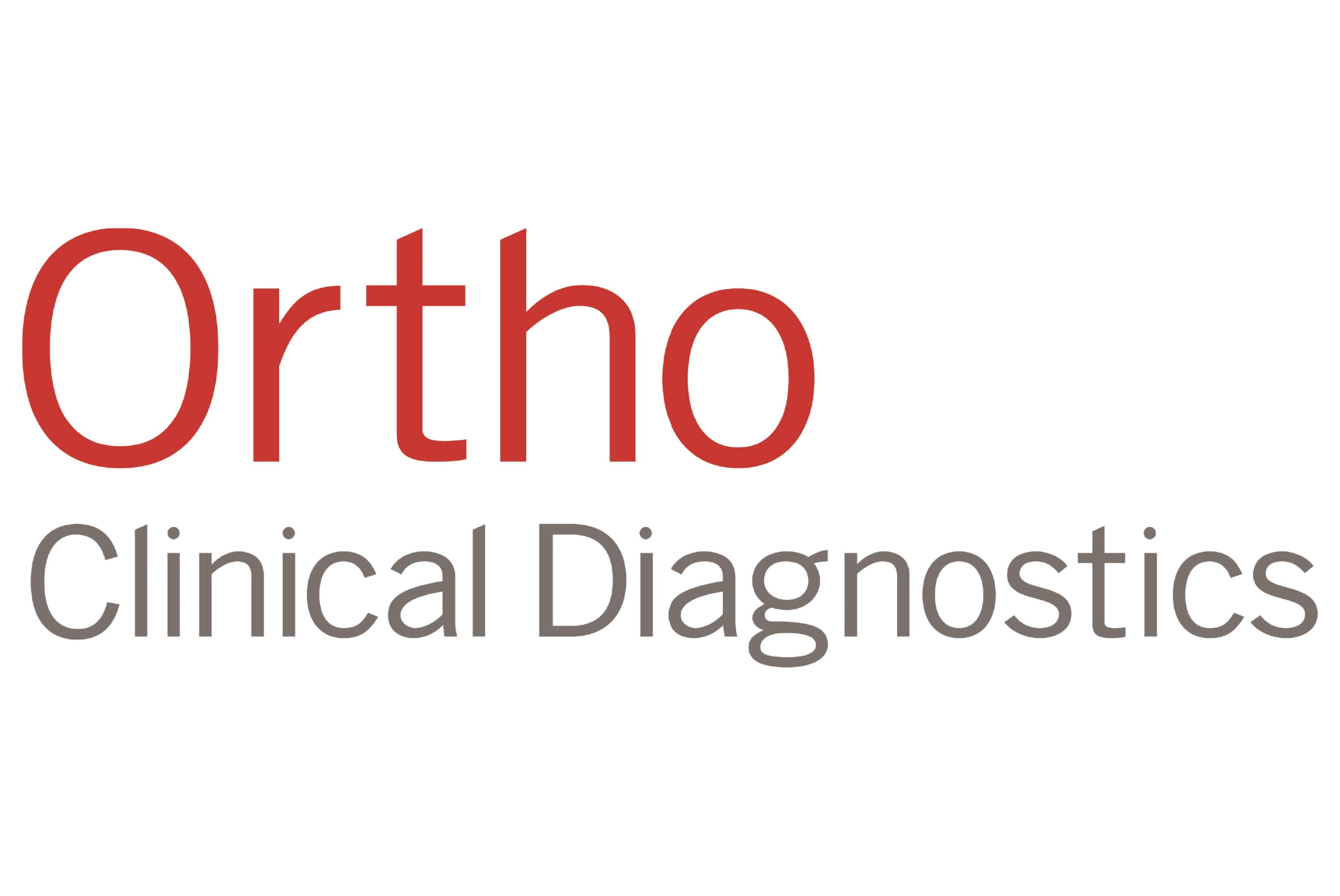Download a Free Chapter of My Book
EXPAND YOUR IMPACT & REACH NEW HEIGHTS WITH OUR GROUP & TEAM COACHING CERTIFICATION - GTCC™


WHAT ARE GROUP AND TEAM COACHING?
Group and team coaching are powerful methodologies for leveraging the collective energy, experience, and wisdom of individuals towards achieving common goals, whether at the organizational or individual level. Ginger Cockerham, MCC, the creator of the “Power of Groups,” offers a comprehensive definition of group coaching as a facilitated process led by a professional coach. It brings together individuals with diverse backgrounds, experiences, and goals, all united by a common theme or objective. Unlike traditional coaching sessions focused on individual clients, group coaching fosters a dynamic environment where participants benefit from shared insights, perspectives, and support. This collaborative approach creates a sense of camaraderie and accountability, enhancing the overall learning and growth experience.
In contrast, team coaching focuses specifically on groups of individuals who work together within the same organization. While they may have differing personal values and backgrounds, they share common organizational values and objectives. The role of the team coach is to facilitate dialogue, align team members on common goals, and bridge any differences to foster a high-performing environment. This process requires a deep understanding of team dynamics, as well as the ability to facilitate constructive discussions and promote synergy among team members. Ultimately, both group and team coaching offer invaluable opportunities for personal and professional development, empowering individuals and teams to reach their full potential.
10 MODULES
60 HOURS OF COACHING EDUCATION
2 observed sessions per participant
9 LEARNING LABS
LIVE ASSESSMENTS
PREPARE TO PROPEL YOUR COACHING BUSINESS FORWARD!
In today's dynamic professional landscape, understanding group behavior and mastering team dynamics is paramount for coaches, leaders, managers, and HR professionals.
As the demand for group and team coaching continues to soar within the international coaching arena,
the need for coaches who are well-trained, highly skilled, and thoroughly equipped has never been more urgent.
Elevate Your Expertise in Group Dynamics
Unlock the Power of Group Dynamics:
Gain a comprehensive understanding of group behavior and dynamics, empowering you to navigate complex interpersonal relationships and foster cohesive teamwork.
Enhance Your Coaching Toolbox:
Expand your coaching toolkit to effectively address the unique challenges and opportunities presented in group and team settings, enabling you to facilitate meaningful growth and development.
Meet the Rising Demand:
Position yourself as a sought-after coach by meeting the escalating demand for group and team coaching services, both locally and on the global stage.
Lead with Confidence:
Develop the confidence and competence to lead diverse groups and teams toward success, leveraging your expertise to inspire collaboration, innovation, and high-performance outcomes.
Stay Ahead of the Curve:
Stay abreast of emerging trends and best practices in group dynamics and team coaching, ensuring that your skills remain cutting-edge and relevant in today's ever-evolving coaching landscape.
Are you prepared to take your coaching business to new heights?
Equip yourself with the knowledge, skills, and resources necessary to thrive in the dynamic world of group and team coaching, and position yourself as a leader in your field.
KEY BENEFITS
Group and team coaching offer a myriad of benefits, catering to the diverse needs and objectives of participants. Here are six key goals of group and team coaching, each aimed at enhancing personal and professional development:
NOW is the opportune moment for you to take your coaching business to new heights.
Our advanced certification program is meticulously crafted to enhance and refine your competencies and skills in group and team coaching, empowering you to make a significant impact in the field.
This program is meticulously designed to deepen your understanding of group dynamics and team behavior, equipping you with the tools and strategies needed to plan, execute, and promote effective group and team coaching sessions. Whether operating within organizational settings or as an independent coach, this certification program provides invaluable insights and practical guidance.
Through a guided practicum, participants will have the opportunity to apply their learning in real-world scenarios, honing their abilities and gaining valuable hands-on experience.
In today's rapidly evolving landscape, group behavior and team dynamics literacy have become indispensable skills for coaches, leaders, managers, and HR professionals. The escalating demand for group and team coaching on the global stage necessitates the presence of well-trained, highly skilled, and equipped coaches.
Join us on this transformative journey and unlock your potential to thrive in the dynamic realm of group and team coaching.
KEY BENEFITS FOR YOUR CLIENTS
- Elevating team performance to unprecedented levels;
- Collaborating towards shared objectives within a meticulously structured program;
- Facilitating sessions with manageable and predictable timings, leveraging the positive impact of social facilitation (Baron, 1986);
- Cultivating trust, fostering accountability, and boosting productivity among team members;
- Heightening awareness of psychodynamic processes within group dynamics;
- Enhancing engagement and fostering greater staff retention rates;
- Cultivating a culture of support and trust among group members;
- Resolving conflicts more effectively and enhancing emotional intelligence;
- Delivering exceptional value at a more accessible price point;
- Stimulating creativity and fostering a culture of innovation within the group.
Coaching teams needs structure.
Their should be a discipline in coaching teams with a complete buy-in from all team members involved in the team coaching engagement.
There are skills that every team coach should learn in order to pave the way for success and to ensure the effectiveness of team coaching.
Knowing how to design and roll out a team charter is an essential knowledge for any team coach.
Ihab Badawi
THE 15 AREAS OF ORGANIZATIONAL IMPACT ENCOMPASS A WIDE RANGE OF BENEFITS THAT STEM FROM INVESTING IN COACHING AND DEVELOPMENT INITIATIVES.
Group and team coaching offer a myriad of benefits, catering to the diverse needs and objectives of participants. Here are six key goals of group and team coaching, each aimed at enhancing personal and professional development:
- Better use of your time: Coaching allows you to leverage your time more effectively by focusing on high-impact activities that align with your expertise and priorities.
- Increased and more predictable income: By offering coaching services, you can diversify your revenue streams and establish a steady income stream, providing financial stability and predictability.
- Faster business growth: Coaching can serve as a catalyst for business growth, enabling you to attract more clients, expand your offerings, and capitalize on new opportunities for expansion.
- Better value for your clients: Through coaching, you can deliver unparalleled value to your clients by providing personalized support, tailored solutions, and transformative experiences that exceed their expectations.
- Less complicated scheduling possibilities: Coaching offers flexibility in scheduling, allowing you to accommodate clients’ needs and preferences while optimizing your own time and resources.
- Up-selling to next-level coaching programs: Coaching provides a gateway to upsell clients to more advanced or specialized coaching programs, maximizing the lifetime value of each client relationship.
- Cost effectiveness: Compared to traditional consulting or training services, coaching offers a cost-effective solution for clients seeking personalized support and guidance, delivering tangible results without hefty price tags.
- Scalability and reach: With the advent of digital platforms and virtual coaching tools, you can scale your coaching practice and reach a global audience, expanding your impact and influence beyond geographical boundaries.
- Effecting change: As a coach, you have the power to effect meaningful change in the lives of your clients, empowering them to overcome challenges, achieve their goals, and unlock their full potential. This intrinsic reward is perhaps the most fulfilling aspect of coaching.
IS THIS PROGRAM FOR YOU?
This program is tailor-made for individuals who are ready to take their coaching practice to the next level and venture into the realm of group and team coaching.
PROGRAM OBJECTIVES
✓ How to use coaching skills in a group or team context;
✓ How to effectively manage a group coaching session including all of the administrative details,logistics, and technology;
✓ How to structure a group program, what content to include, what to charge, and how to prosper as a group coach;
✓ How to design a Group or Team Coaching program;
✓ How to feel confident facilitating a group by learning advanced group facilitation techniques and communication strategies.
MODULES: ON TEAM COACHING
MODULE 1: THE REALITY OF TEAMS
MODULE 2: THE HIGH-PERFORMING TEAMS What makes an effective team
– Team efficiency and effectiveness
MODULE 3: MOVING INTO TEAM COACHING
– Identifying the difference between Facilitation, Group Coaching, and Team Coaching
– From 1-2-1 coaching to Team Coaching
– The role of a team coach
– How to intervene in team meetings
– What does it take to move into Team Coaching
– How to assess when a team is ready for Team Coaching
– How to approach organizations with your Team Coaching service
MODULE 4: INTEGRATING TEAM COACHING COMPETENCIES
– Unpacking the Team Core Competencies
– Mapping the integration between Team & Individual core competencies
MODULE 5: HOW WE SHOW UP
– The team coach mindset
– The team coach characteristics Required knowledge & Skills base
MODULE 6: THE TEAM COACHING PROCESS
– Identifying the team formation process
– Understanding how to develop the leader coach
– The stages of the Team Coaching process
– Initiating the Transcendence Coaching Model Phases:
- Discovery
- Navigation
- Ascendance
– The critical steps to successful Team Coaching
- Readiness
- Contracting
- Enquiry
- Intervening
- Reflexivity
- Internalizing
- Creating structure
- Setting team purpose
- Setting expectations
- Developing the charter
- Creating cross functional KPIs
- Handling conflict
- Appreciating differences
- Bridging differences
- Team Coaching session design
- Mapping the flow
- Onboarding and aligning
- Allocating stakeholders roles
PROGRAM TAKEAWAYS
Meet Your Lead Instructor
Ihab, the author of “The Rise Of The Transcendence Leader-Coach, a Master Certified Coach (MCC), Certified Marketing Expert (CME), and Certified Franchise Expert (CFE), is a global change catalyst supporting organizations in achieving leadership excellence.
With extensive cross-cultural experience in 58 countries over 22 years, he excels at connecting with diverse individuals, fostering team cohesion, and shaping diverse leadership styles.
His senior management roles, including Chief Commercial Officer and Managing Director, contribute to his expertise in business development, corporate management, culture reengineering, and talent development.
Ihab is passionate about creating transformational impact, and transferring knowledge to others. Now Ihab focuses on developing others who have the same capacity so as to increase the positive impact across the globe.

